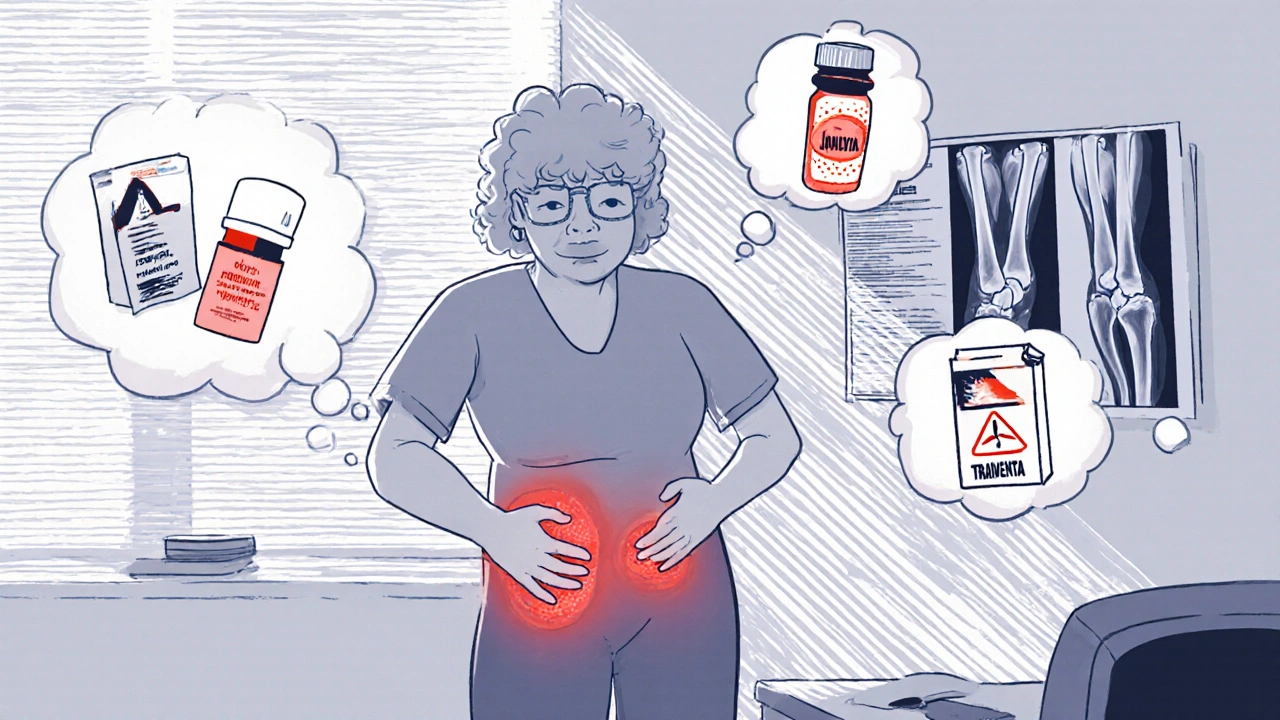Side Effects – What You Need to Know
Every pill, cream, or supplement can come with a reaction you didn’t expect. Those reactions are called side effects, and they can be harmless, annoying, or even dangerous. Knowing what to look for helps you stay safe and makes a chat with your doctor easier.
On this page you’ll find quick facts, real‑world examples, and a simple plan to deal with side effects. Whether you’re buying fluoxetine online, ordering lisinopril in the UK, or trying a new supplement like EPA, the basics stay the same.
Why Side Effects Matter
Side effects tell you how your body is responding. A mild headache from a blood pressure pill might be a sign the dose is a bit high. A rash after taking Risperdal could mean you’re allergic. Ignoring these clues can lead to bigger problems, especially with drugs that affect your heart, liver, or mood.
Think of side effects as the early warning system on a car dashboard. The light might be small, but if you ignore it, the engine can overheat. The same idea works for meds – catch the signal early and you can often prevent a serious issue.
How to Spot and Deal with Side Effects
1. Keep a simple log. Write down the name of the medication, the dose, when you take it, and any new feelings that appear. A notebook or a notes app works fine. Over a week you’ll see patterns – maybe nausea shows up only after you start a new antibiotic.
2. Know the common reactions. Most drug labels list the usual side effects. For example, fluoxetine (Prozac) often causes stomach upset, insomnia, or dry mouth. Lisinopril may lead to a dry cough. Knowing these lets you decide if what you feel is normal or not.
3. Talk to a professional. If a symptom is severe, shows up suddenly, or lasts more than a few days, call your pharmacist or doctor. They can adjust the dose, switch the drug, or suggest a treatment for the side effect itself.
4. Don’t stop on your own. Suddenly stopping a medication like Risperdal can cause withdrawal or a return of the original condition. Always get guidance before making changes.
5. Use reputable sources. Buying meds online? Make sure the pharmacy is legit, check reviews, and verify that they require a prescription. This reduces the chance of getting a counterfeit product that could cause unexpected side effects.
Examples from our recent posts illustrate these points. The guide on buying generic Prozac in the UK explains how to spot a real pharmacy and what fluoxetine side effects to expect. Our article about cheap lisinopril walks you through price checks and reminds you that a persistent cough might mean you need a different ACE inhibitor.
When you’re trying a supplement like EPA, remember that “natural” doesn’t always mean “risk‑free.” Some people experience stomach upset or a fishy aftertaste. Our EPA benefits guide lists these issues and offers tips like taking the supplement with food.
Finally, stay proactive. If you notice a side effect, note it, compare it with the drug’s known profile, and reach out for help. This habit can keep you healthy while you benefit from the medication’s intended effect.
Side effects are a normal part of using any health product. By watching, recording, and reacting wisely, you turn a potential problem into a manageable part of your wellness routine.
DPP-4 Inhibitors and Joint Pain: What You Need to Know
DPP-4 inhibitors help control blood sugar in type 2 diabetes, but they can cause severe joint pain in some people. Learn the signs, what to do, and safer alternatives.
Isordil (Isosorbide Dinitrate): Uses, Dosage, Side Effects, and Safety Guide 2025
Clear, practical guide to Isordil (isosorbide dinitrate): what it treats, how to take it, side effects, dangerous interactions (like with ED meds), and real-world tips.
Chloroquine: Uses, Benefits, Side Effects & The Real Story in 2025
Get the real story about chloroquine in 2025: what it treats, who should take it, common side effects, and how to use it safely.


